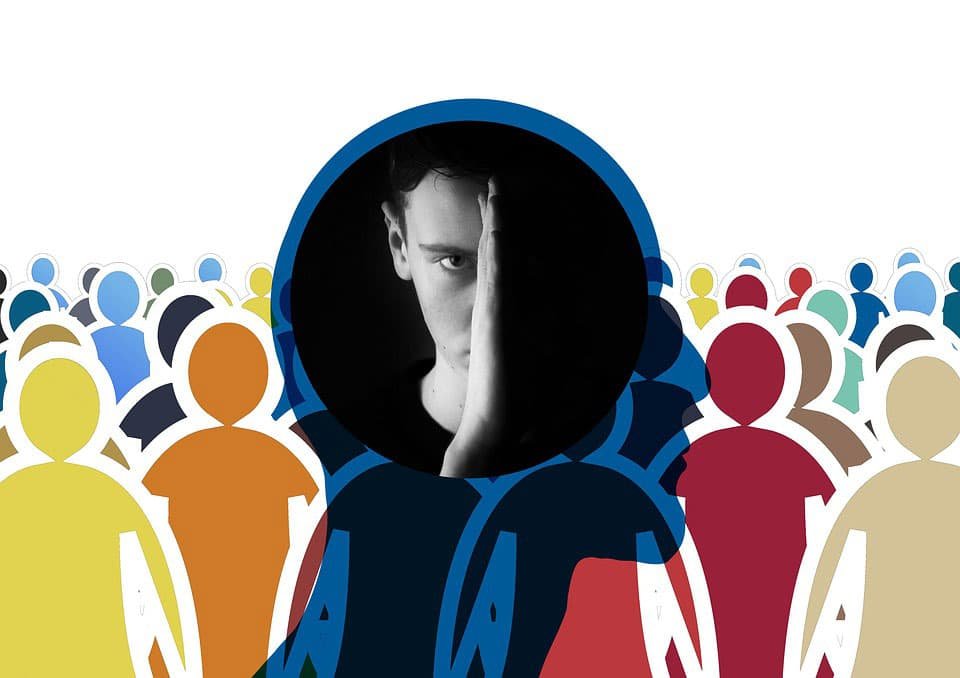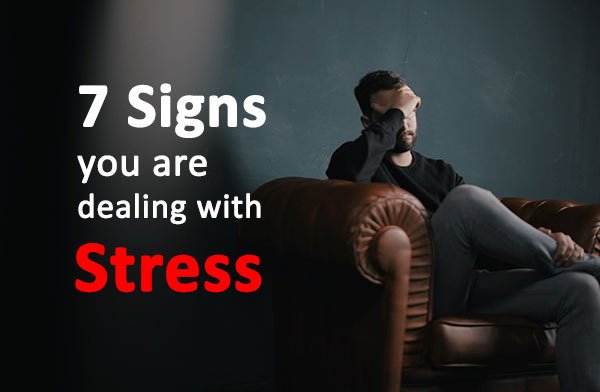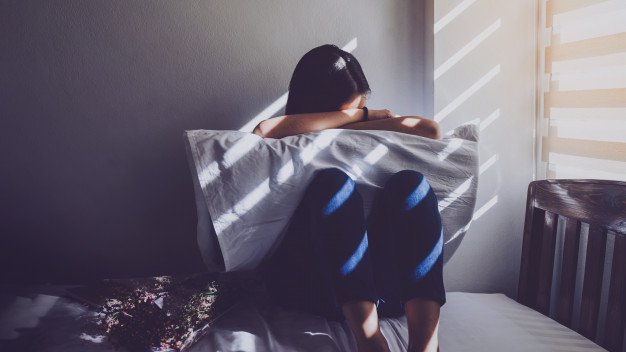Talk to a Psychologist for Online Counselling
Book Appointment 100% Private & Secure
Convenient, 100% anonymous, safe, certified professional counseling online.Anxiety is an ordinary human reaction that includes mind and body. Anxiety is a kind of alarm system that is triggered whenever someone perceives danger or risk.
When the body and thoughts react to hazard or threat, a person feels physical sensations of anxiety — things like a faster heartbeat and breathing, stressful muscular tissues, sweaty fingers, a queasy belly, and trembling palms or legs. Those sensations are a part of the body’s combat-flight reaction. They are resulting from a rush of adrenaline and other chemical substances that put together the body to make a short getaway from risk. They may be mild or extreme. Since there have been a lot of anxiety issues in people. Online counseling has become a helpful tool to cope with anxiety disorders.
These disorders, if not treated properly can make it hard for a person to live a normal life. Hence, Counsellors have come up with many treatments to take a person out of the anxiety phase.
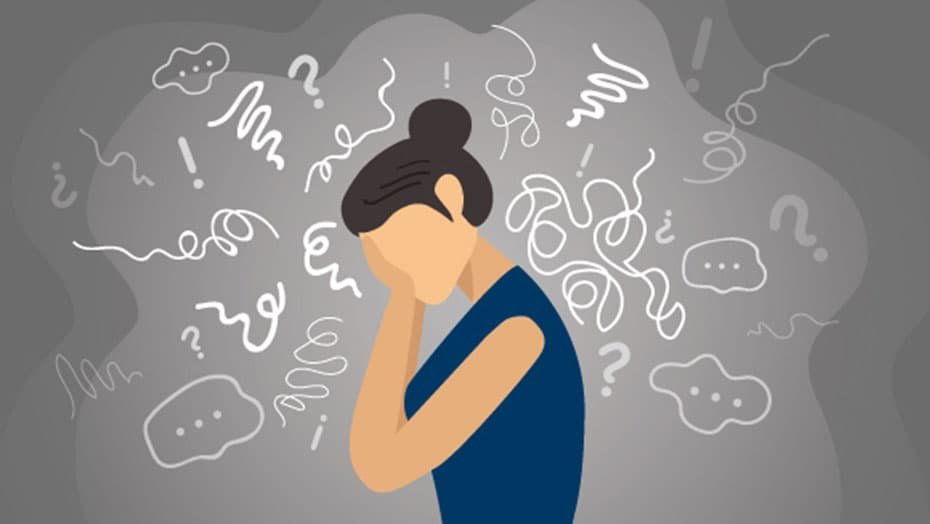

What Are Anxiety Disorders?
All of us have feelings of anxiety, worry, and fear at some point in our lives. These can be ordinary responses to positive situations. As an example, you would possibly worry about a job interview, or about paying a bill on time. Those emotions can give you a focus on risks and what you need to do in a hard or dangerous scenario. This reaction is referred to as ‘fight or flight’.
Your brain responds to a threat or danger by releasing stress hormones inclusive of adrenaline and cortisol. Although the danger is not always actual, those hormones cause the bodily signs and symptoms of anxiety. As soon as the threatening situation has stopped, your body will generally go back to normal.
However, if you have an anxiety disorder these emotions of worry and stress may be ongoing and disturb your routine even after the risk has gone. They can make you feel as if things are worse than they truly are.
What Are The Different Types Of Anxiety Disorder?
The most common types of anxiety disorders that are seen mostly in the younger generation are:
- Generalized anxiety disorder (GAD)
- Panic sickness
- Social anxiety disease
- Phobias
- Obsessive-compulsive disorder (OCD)
- Skin picking
- Hair pulling
- Fitness Anxiety
- Body dysmorphic disorder (BDD)
- Post-stressful stress disorder (PTSD)
What Causes Anxiety Disorders?
Absolutely everyone is born with the natural “fight or flight” reaction that helped our ancestors escape predators and other threats. While we are afraid or harassed, a part of our mind that controls fight or flight response will cause the anxious, frightened feeling we call anxiety.
As anyone experiences anxiety at times, individuals with anxiety issues sense worry that is hard to handle and interferes with their functioning. There are organic, family, and environmental elements which can contribute to a person having an anxiety disorder.
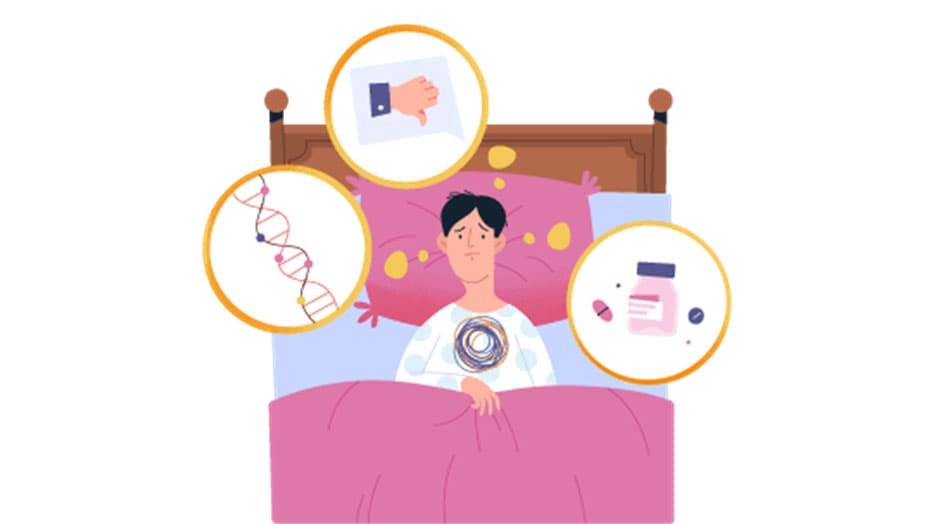

Biological Factors
The mind has unique chemical compounds, called neurotransmitters that send messages backward and forward to control the way someone feels. Serotonin and dopamine are two essential neurotransmitters that, when not controlled, can cause emotions of anxiety.
Family Factors
Just as a toddler can inherit a parent’s brown hair, green eyes, and nearsightedness, a child can also inherit that parent’s anxiety. Similarly, anxiety can be taken from own family individuals and others who are especially pressured or aggravating around a baby. As an instance, a toddler whose parents are a perfectionist may additionally come to be a perfectionist too. Parents can also contribute to their baby’s anxiety without realizing it by the way they reply to their child. Such as allowing a child to miss school while they are anxious about going, possibly causing the child to sense greater anxiety the next school day.
Environmental Factors
A disturbing involvement for example a divorce, disease, or death of a family member may additionally trigger the onset of an anxiety disorder.
How Are Anxiety Disorders Treated?
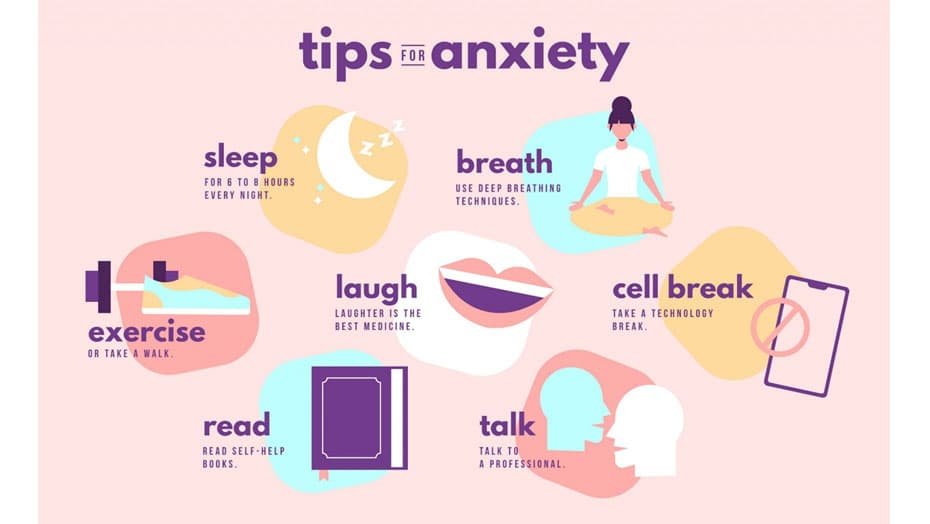

Acceptance And Commitment Therapy (ACT)
Referred to as ACT, this sort of remedy makes use of techniques of acceptance and mindfulness. Living in the moment and experiencing things without judgment, along with dedication and behavior alternate, as a way to handle unwanted thoughts, feelings, and sensations. ACT imparts abilities to just accept these experiences, place them in a different context, increase greater clarity about personal values, and decide to desirable behavior change.
Mindfulness
While having anxiety, a person can spend a large amount of time caught up in anxiety-provoking thoughts. Mindfulness guides us to convey our interest back to the present moment and unhook from feelings that may be unhelpful.
Mindfulness has gained popularity as people begin to understand how useful it is for many issues. There are numerous sources available to aid you to develop a mindfulness practice.
Cognitive Therapy
Cognitive Therapy emphasizes changing patterns of feelings and beliefs which are related to, and trigger, anxiety. As an example, a person with a social phobia might also make their anxiety worse via negative thoughts.
Cognitive therapy techniques encompass rational ‘self-communication, fact-checking out, attention education, cognitive challenging, and cognitive restructuring. This includes tracking your self-talk, challenging unhelpful fears and ideals, and checking out the reality of negative thoughts.
Exercise
The physical signs and symptoms of anxiety are resulting from the ‘flight-or-fight response, which floods the body with adrenaline and different strain chemical compounds. Exercise burns up pressure chemical substances and promotes rest. Bodily activity is another useful manner to manage anxiety. Do some physical exercise a minimum of 3 to 4 times every week.
Exposure Therapy
A form of CBT, exposure therapy is a method for lowering worry and anxiety responses. In this therapy, a person is progressively exposed to a feared scenario or object, getting to know to grow to be less sensitive with time. This form of remedy is mainly effective for obsessive-compulsive disease and phobias.
Seeing A Psychologist For Anxiety Disorders
Even though various types of anxiety disorders exist, studies indicate that most are caused by ways of similar underlying approaches. People with anxiety disorders have a tendency to emerge easily overwhelmed by way of their feelings, and they generally tend to have mainly negative reactions to those unsightly feelings and situations. Mostly, people attempt to cope with the negative reactions via avoiding conditions or experiences that cause them to be traumatic. But, avoidance can backfire and increase anxiety.
Psychologists are experienced in diagnosing anxiety issues and educating patients with healthier treatments, more powerful methods to manage. A form of psychotherapy known as a cognitive-behavioral remedy (CBT) is extremely powerful at treating anxiety issues. Through CBT, psychologists assist patients to learn how to perceive and manage the elements that contribute to their anxiety.
Through the cognitive behavioral remedy, patients learn ways to understand how their mind contributes to their anxiety signs. By mastering to alternate the notion patterns, they can reduce the likelihood and intensity of anxiety signs and symptoms.
With the behavioral factor, patients learn strategies to reduce undesired behaviors associated with anxiety disorder. Especially, patients are encouraged to approach activities and situations that initiate anxiety including public speaking or being in an enclosed area. People suffering from anxiety disorder can take the help of online counseling if they are too shy to meet the therapist in person. The counselors are trained enough to treat a person even from the online sessions.
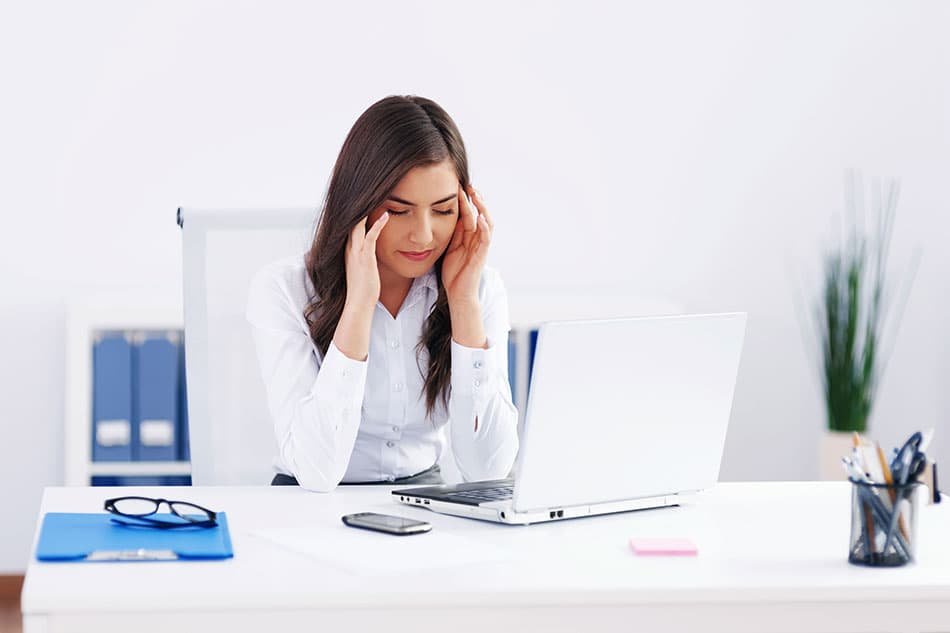

Who Gives The Best Online Anxiety Counseling?
To bring about effective changes in your life, discover an experienced anxiety counselor online who will let you address the disorder that you are struggling with. At OnlineCounselling4U, you get online anxiety counseling via telephone, chat, and email 24×7; 7 days a week, and 365 days a year from the comforts of your home. There is no judgment and you could communicate completely nameless about any personal matter concerning your issues to any of our counselors in the language you select within India and abroad.
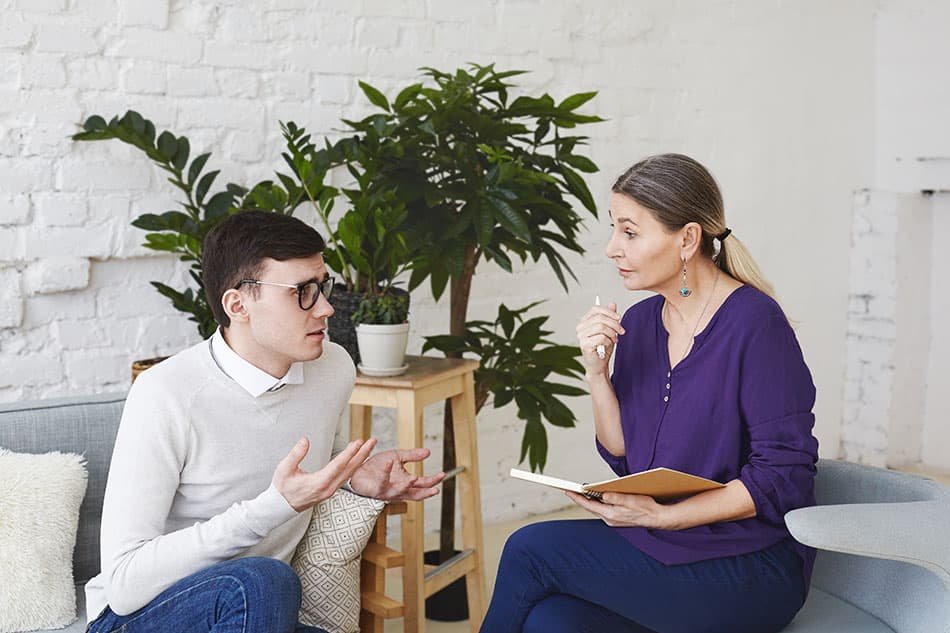

Call us to book a session today.
Contact us at +91 9811335150
Email us – info@onlinecounselling4u.com
Follow us on Facebook or Instagram
Talk to a Psychologist for Online Counselling
Book Appointment 100% Private & Secure
Convenient, 100% anonymous, safe, certified professional counseling online.